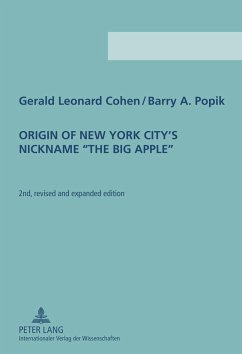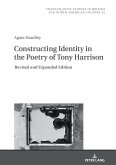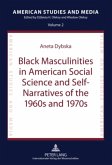The monograph aims for a comprehensive look at the history of "The Big Apple", incorporating material that has come to light since the first edition of this work was published in 1991. The overall picture now is: Apples, always important, became especially so with the appearance of the Big Red Delicious Apple in Iowa, 1870's. "The Big Apple" therefore came to refer to somebody or something very important. In 1920 an African-American stablehand in New Orleans mentioned in conversation: "We's goin' to 'the big apple'" (NYC racetracks as the big time in horseracing). Turf writer John J. Fitz Gerald overheard this statement and adopted "The Big Apple" (1921ff.) in his columns, popularizing it to refer particularly to the NYC tracks. Secondarily it could refer to big time horseracing in general. In the 1930's "The Big Apple" was picked up by black jazz musicians to designate NYC in general (and Harlem in particular) as the place where the greatest jazz in the world was being played. And in 1971 Charles Gillett revived "The Big Apple" as part of a public-relations campaign on behalf of NYC. Despite the increasingly clear picture of what happened, various incorrect etymologies have arisen about "The Big Apple". The monograph addresses and rejects them in some detail.
Bitte wählen Sie Ihr Anliegen aus.
Rechnungen
Retourenschein anfordern
Bestellstatus
Storno








